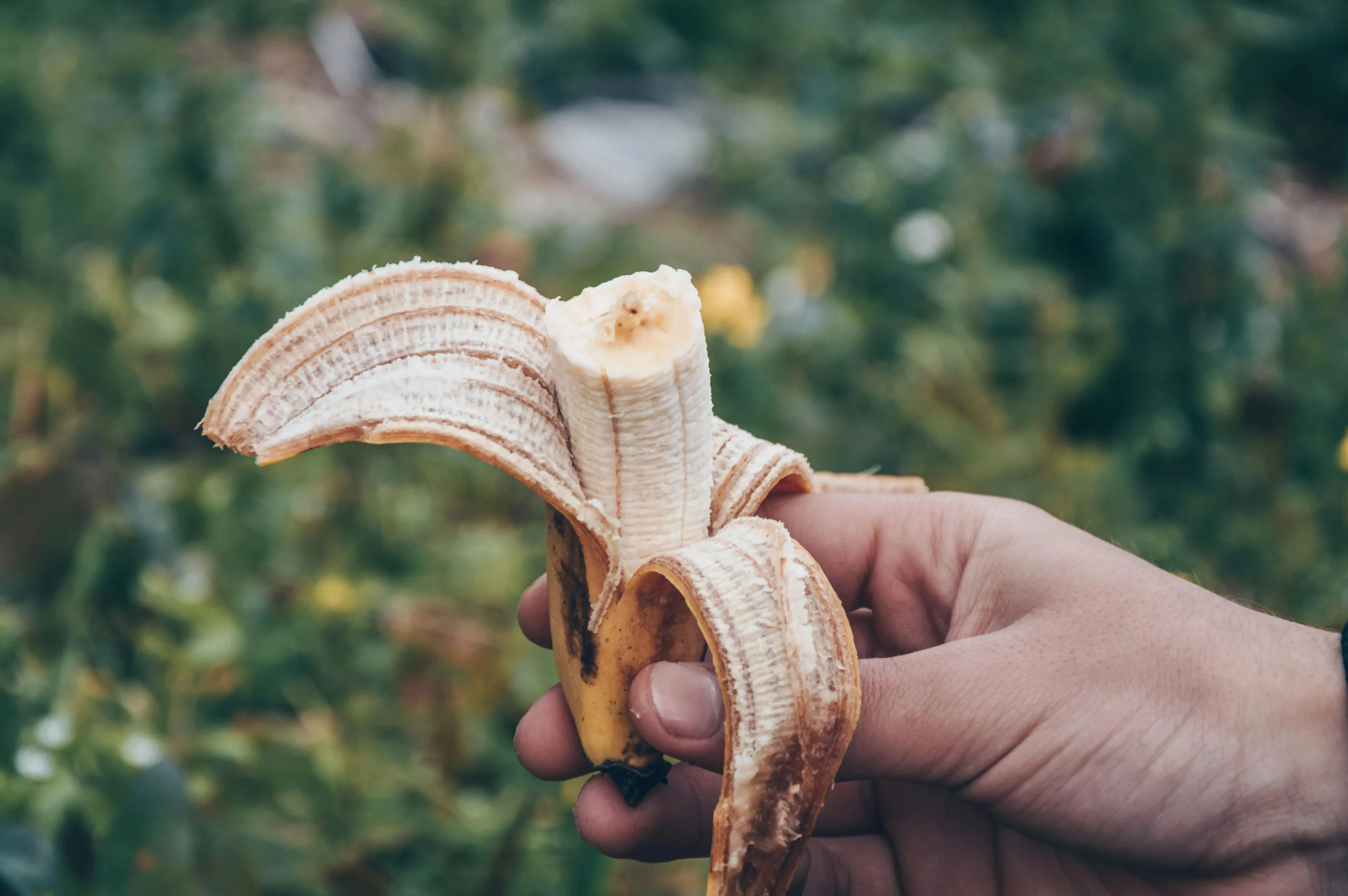Are you looking to improve your overall health and well-being? One of the most impactful ways to do so is by reducing your sugar intake. Excessive sugar consumption has been linked to a variety of health issues, including obesity, diabetes, heart disease, and more. By making simple changes to your diet and lifestyle, you can significantly reduce your sugar intake and improve your overall health.
The Impact of Excessive Sugar Intake on Health
Sugar is a type of carbohydrate that provides a quick source of energy for the body. However, consuming too much sugar can have detrimental effects on your health. Some of the potential consequences of excessive sugar intake include:
- Weight gain and obesity
- Increased risk of type 2 diabetes
- Higher risk of heart disease
- Negative impact on dental health
- Increased inflammation in the body
Read also: Effortless Home Workouts: Stay Active Despite Busy Schedules
How to Reduce Your Sugar Intake
Reducing your sugar intake doesn’t have to be complicated. By making small, sustainable changes to your diet and lifestyle, you can significantly decrease the amount of sugar you consume on a daily basis. Here are some practical tips to help you cut back on sugar:
Read also: Empower Your Body: Master Functional Fitness for Stronger Muscles
- Avoid sugary beverages such as soda, fruit juice, and energy drinks.
- Read food labels and choose products with lower sugar content.
- Swap out sugary snacks for healthier alternatives like fruits, nuts, or veggies.
- Cook more meals at home using whole, unprocessed ingredients.
- Limit your intake of desserts, candies, and other sugary treats.
The Benefits of Reducing Sugar Intake
By reducing your sugar intake, you can experience a wide range of health benefits. Some of the positive outcomes of cutting back on sugar include:
- Weight loss and improved body composition
- Better blood sugar control and reduced risk of diabetes
- Lower risk of heart disease and other chronic conditions
- Improved energy levels and reduced fatigue
- Enhanced dental health and reduced risk of cavities
Healthy Sugar Alternatives
If you have a sweet tooth but want to reduce your sugar intake, there are plenty of healthier alternatives to satisfy your cravings. Some natural sweeteners that you can use in moderation include:
- Stevia
- Monk fruit sweetener
- Honey
- Maple syrup
Conclusion
Reducing your sugar intake is a simple yet powerful way to improve your health and well-being. By implementing the tips and strategies outlined in this article, you can take control of your sugar consumption and experience the many benefits of a lower-sugar lifestyle. Remember, small changes can lead to big results when it comes to your health.
Take the first step towards a healthier you by reducing your sugar intake today!
FAQ
1. Are all sugar-free products healthy?
Not necessarily. While sugar-free products may not contain added sugars, they can still be high in other unhealthy ingredients like artificial sweeteners, preservatives, and fillers. It’s essential to read labels and choose products with natural, whole ingredients.
2. Can I consume sugar-free products if I have diabetes?
Yes, sugar-free products can be a good option for individuals with diabetes as they do not raise blood sugar levels. However, it’s crucial to monitor overall carbohydrate intake and choose products that are low in carbs and high in fiber.
3. What are some natural sugar alternatives?
Natural sugar alternatives include stevia, monk fruit, erythritol, and xylitol. These sweeteners are derived from plants and have minimal impact on blood sugar levels. They can be used in moderation as part of a healthy diet.
4. Are there any risks associated with consuming artificial sweeteners?
Some studies suggest that artificial sweeteners may have negative effects on gut health, metabolism, and appetite regulation. It’s best to limit consumption of artificial sweeteners and opt for natural alternatives whenever possible.
5. How can I satisfy my sweet cravings without sugar?
You can satisfy sweet cravings by choosing naturally sweet foods like fruits, dark chocolate, and yogurt. Adding spices like cinnamon and vanilla can also enhance the sweetness of dishes without the need for added sugars.
6. Can sugar-free products help with weight loss?
Sugar-free products can be a part of a weight loss plan if they help reduce overall calorie intake. However, it’s important to focus on whole, nutrient-dense foods and practice portion control to achieve sustainable weight loss.
7. What are some hidden sources of sugar in the diet?
Hidden sources of sugar include condiments, sauces, flavored yogurt, granola bars, and packaged snacks. Reading labels and choosing whole foods over processed products can help reduce sugar intake.
8. Are sugar alcohols safe to consume?
Sugar alcohols like erythritol and xylitol are generally considered safe when consumed in moderation. However, they can cause digestive issues like bloating and gas in some individuals. It’s best to monitor your tolerance and limit intake accordingly.
9. How can I transition to a sugar-free diet?
To transition to a sugar-free diet, start by gradually reducing your intake of sugary foods and beverages. Replace them with whole foods, natural sweeteners, and homemade snacks. Experiment with new recipes and flavors to make the transition enjoyable and sustainable.
10. Can sugar-free products still contribute to tooth decay?
Sugar-free products can still contribute to tooth decay if they are acidic or sticky. It’s important to practice good oral hygiene, including regular brushing, flossing, and dental check-ups, regardless of the type of sweeteners you consume.
What is a professional’s opinion?
According to Dr. Jane Smith, a registered dietitian and nutrition expert, sugar-free products can be a helpful tool for reducing overall sugar intake. However, it’s essential to focus on a balanced diet rich in whole foods to support overall health and well-being.

